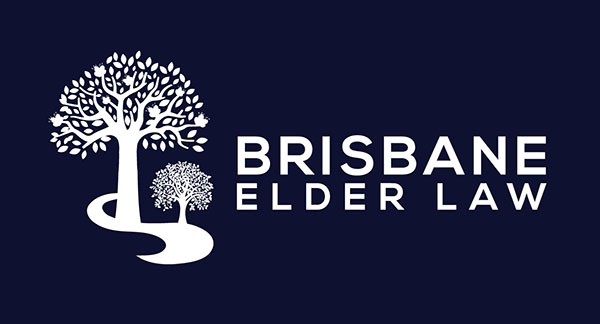Retirement Village Conveyancing is very specialized and vastly different to the usual conveyancing involved in buying and selling a house. The fundamental difference is that the rights created with Retirement Village Contracts are not the same as ownership of land, and the monies payable at the start, and at the end, are very different from the normal buy/sell proposition people have experienced throughout their lives.
In many respects the rights are more akin to being a tenant for an indefinite period, rather than an owner.
These contracts have long-term financial consequences in that they normally involve substantial exit charges when the person leaves the Retirement Village. The industry says the trade-off is essentially this – the cost going in is lower, but the cost going out is much higher. That way people can afford to go into a Retirement Home or Village because the entry price is reduced to more affordable levels, but they pay extra on the way out.
The rights for “purchasers” vary across contracts and villages – some are leases, some are licences. Some allow for capital gain, but most do not. The exit fee percentages vary, as does the timing of how they accumulate.
In essence there are two parts to any Retirement Village Contract:
- The Compulsory Information under the Retirement Village Act;
- The Residence Contract for the particular Retirement Village.
Each Village is required to complete the standard clauses in the Compulsory Section with their specific information.
The Village Comparison Document requires the Retirement Village set out essential information for the Village in a format that is consistent across the industry.
The Prospective Costs Document gives details about:
- The costs of entering that Retirement Village;
- The estimated ongoing costs of living in that Village;
- The estimated costs paid if a purchaser leaves after 1,2,5 or 10 years;
- The estimated exit payment that would be received after 1,2,5 or 10 years.
The most important document the Village will provide is its individual Residence Contract, which sets out its unique clauses, requirements, and obligations.
The Residence Contracts vary from Village to Village and often run to 50 plus pages.
This is where specialist advice is needed to assist in understanding what you are signing up to, as the rights and obligations taken on will last for years.
Under the Retirement Village Act there is a 14 day cooling off period after signing a Residence Contract.
As specified in the Village Comparison Document itself a purchaser should
“Seek independent legal advice about the retirement village contract – there are different types of contracts, and they can be complex.”
Brisbane Elder Law are experts in Retirement Village Contracts.
Contact us on 1800 961 622 or visit www.brisbaneelderlaw.com.au

